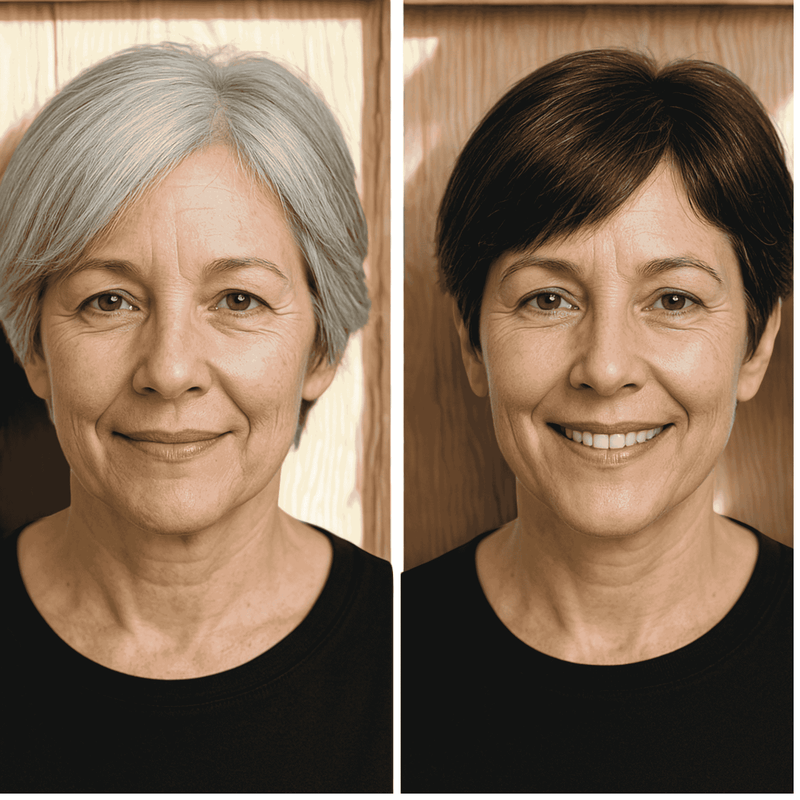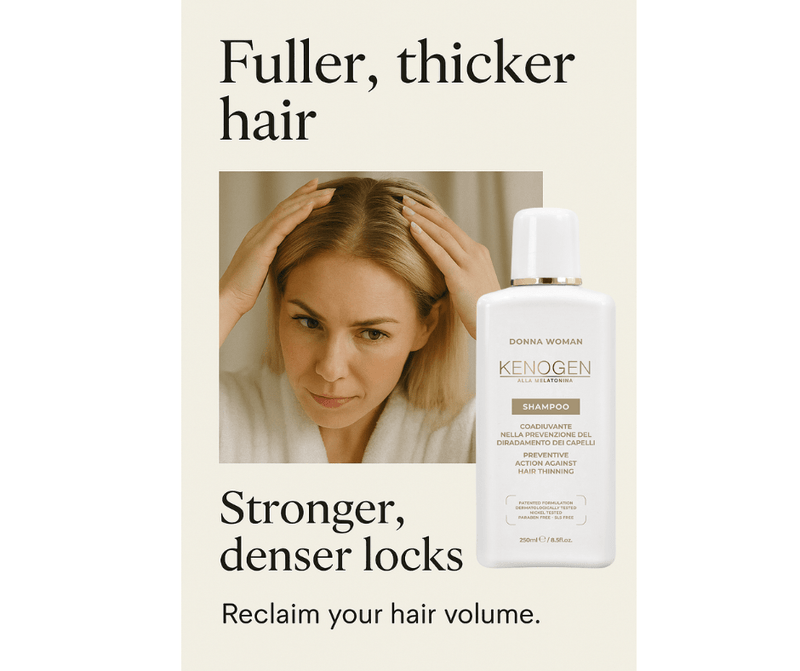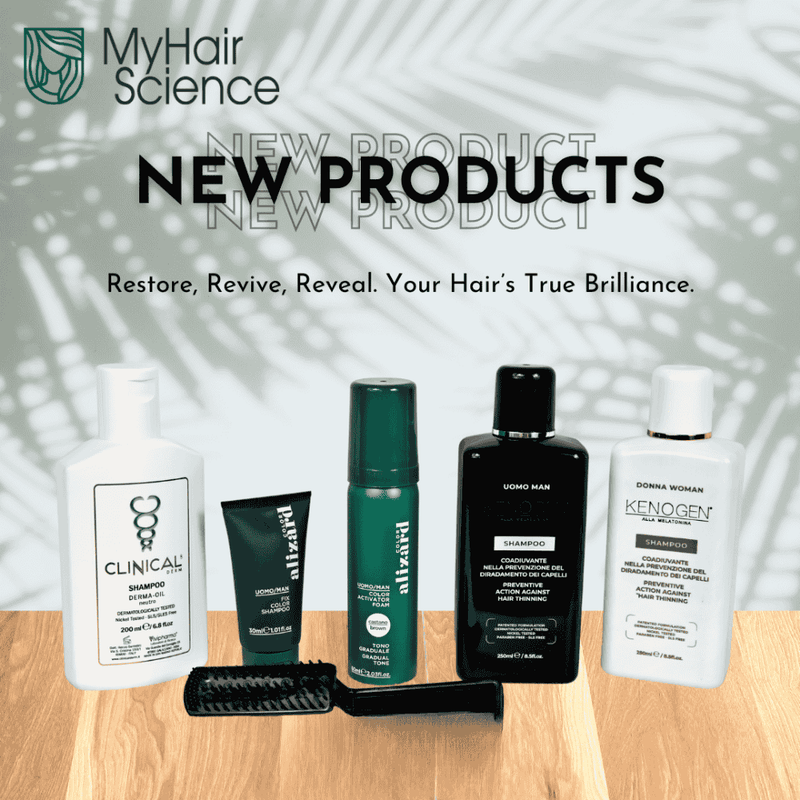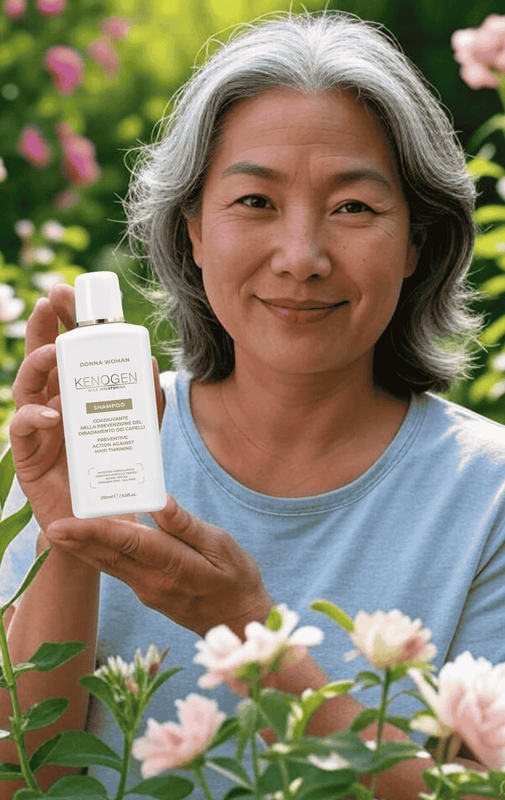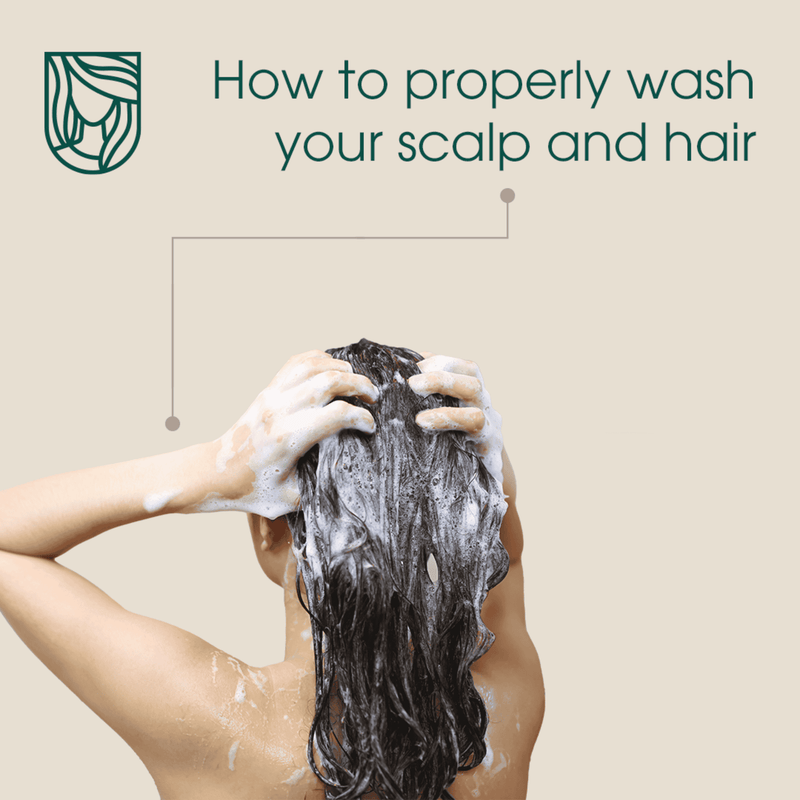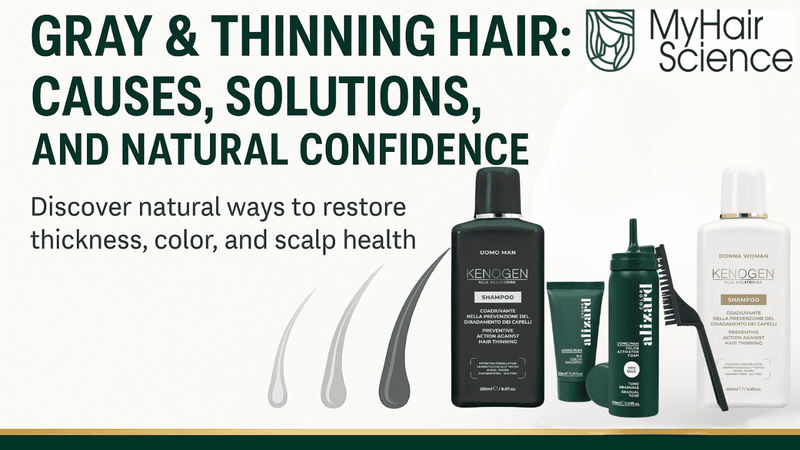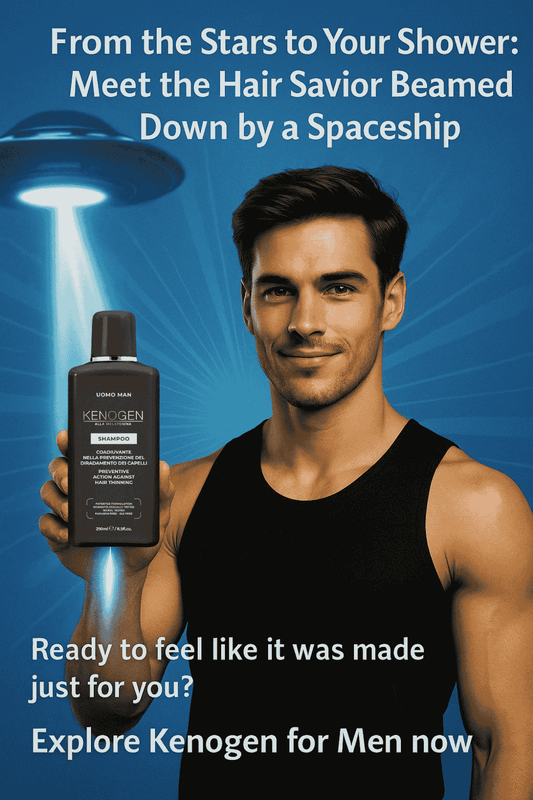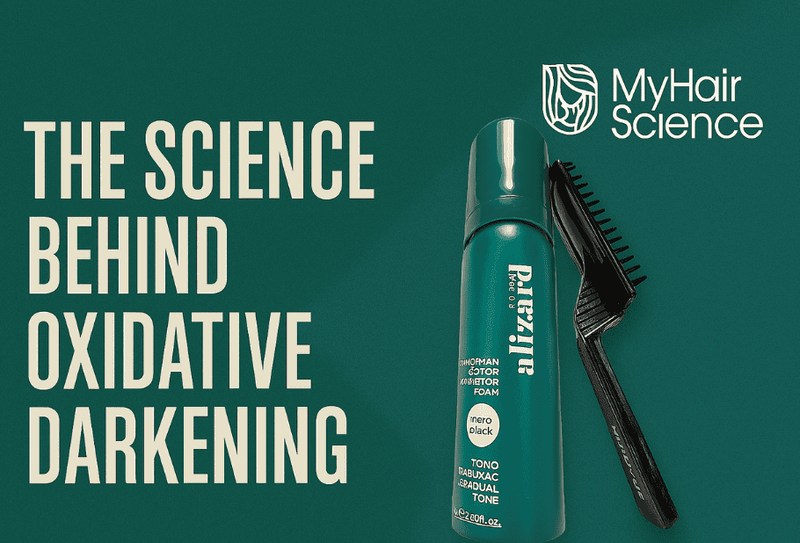

Melatonin is widely known as the hormone produced by the pineal gland that regulates our sleep-wake cycle. However, it plays a much broader role, especially in hair and skin health. In the fields of cosmetology and trichology, melatonin has become an increasingly popular ingredient due to its powerful effects on hair growth and scalp homeostasis.
Melatonin: A Potent Anti-Aging and Regenerative Molecule
Melatonin is a small (232.28 g/mol), amphiphilic molecule that dissolves in both water and oil. Its unique structure allows it to penetrate the stratum corneum (the outermost layer of the skin), making it a valuable ingredient in cosmetic and trichological formulations. Naturally produced by the human body, melatonin is known for its antioxidant properties, helping combat oxidative stress, which contributes to cellular damage and hair follicle weakening.
Oxidative stress is the imbalance between free radicals and antioxidants in the body, and it accelerates the aging process, both in skin and hair. Melatonin counters this by neutralizing free radicals, protecting the hair follicles from damage, and promoting overall hair health. Furthermore, melatonin has been shown to bolster the body’s defense mechanisms against bacterial, viral, and parasitic infections, including common pathogens like Klebsiella pneumonia, Helicobacter pylori, and Mycobacterium tuberculosis.
How Melatonin Impacts Hair Growth
In trichology, melatonin is known to directly influence hair growth and pigmentation. The scalp contains melatonin receptors, especially in hair follicles, sweat glands, and endothelial cells. Melatonin’s interaction with these receptors helps stimulate hair follicles, leading to faster hair growth.
- Hair follicle stimulation: Melatonin promotes cell division in the hair follicle, resulting in healthier and more robust hair growth.
- Regulation of sebaceous glands: Overactive sebaceous glands can weaken hair follicles, contributing to hair loss. Melatonin helps regulate these glands, preventing excess oil production.
- Oxidative stress reduction: By neutralizing free radicals, melatonin protects hair from the damaging effects of oxidative stress, which can cause premature aging and weakening of the hair.
Melatonin for Androgenetic Alopecia
Androgenetic alopecia, commonly known as male or female pattern baldness, is characterized by the gradual thinning of hair, especially in areas like the crown and frontal scalp. Clinical studies have shown that topical application of melatonin can significantly improve hair growth in individuals suffering from androgenetic alopecia. Melatonin slows down the hair loss process by protecting the hair follicles and promoting healthy hair growth, making it a promising treatment for both men and women facing this condition.
Melatonin in Skin Care: Beyond Hair Growth
Melatonin is not only beneficial for hair but also for overall skin health. It penetrates the outer layer of the skin and enhances its ability to regenerate and repair itself, especially at night, when the skin undergoes its most intensive repair processes. Melatonin is a powerful antioxidant, more effective than vitamin E and five times stronger than glutathione in neutralizing free radicals.
Some of the key benefits of melatonin in skin care include:
- Anti-aging effects: Melatonin helps slow down the skin aging process by stimulating collagen production, which is essential for maintaining skin elasticity and reducing wrinkles.
- Sun protection: Melatonin protects the skin from harmful UV radiation and helps prevent sun-induced damage, including premature aging and skin irritation.
- Skin barrier support: By enhancing the skin’s hydrolipid barrier, melatonin helps retain moisture, making the skin more resilient to environmental stressors.
- Calming properties: Melatonin is also useful in treating skin conditions such as psoriasis, atopic dermatitis (AD), and acne. It helps regulate enzymes such as superoxide dismutase and catalase, which are crucial for reducing inflammation and oxidative stress in the skin.
Why You Should Consider Melatonin in Hair and Skin Care
As we age, the body’s natural production of melatonin decreases, which contributes to both hair thinning and skin aging. Incorporating melatonin-enriched products into your hair and skin care routine can help counteract these effects, restoring your hair and skin’s youthful appearance.
- For hair health, melatonin helps stimulate faster hair growth, reduce excess oil production, and protect the hair from oxidative damage.
- For skin care, melatonin works as a powerful night-time antioxidant, promoting skin renewal and helping to reverse damage caused by UV exposure and free radicals.
Conclusion
Melatonin is not only a sleep-regulating hormone but also a potent ally in the fight against hair loss and skin aging. Its multifunctional properties make it a valuable ingredient in both trichology and cosmetology, providing powerful protection against oxidative stress, stimulating hair growth, and supporting overall skin health. If you’re dealing with hair thinning or seeking to maintain a youthful complexion, melatonin-enriched products are a natural and effective option.



